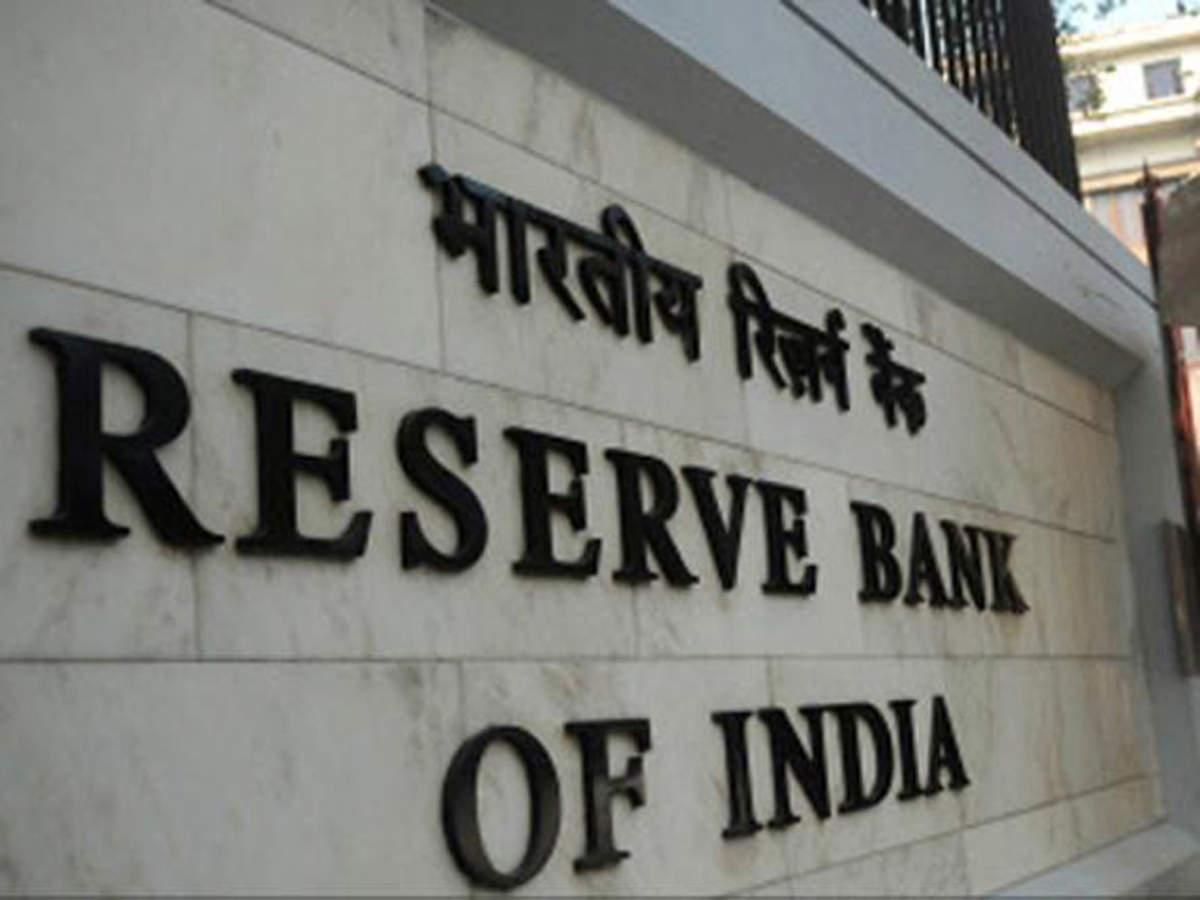INSUBCONTINENT EXCLUSIVE:
The banking sector is on "course to recovery" as afflicting non-performing assets recede, but state-run lenders need reforms in governance,
Governor Shaktikanta Das said Monday
The weaker ones among public sector banks need to be supported through recapitalisation, Governor said in his foreword to RBI's
half-yearly financial stability report (FSR)
"After a prolonged period of stress, banking sector appears to be on course to recovery as load of impaired assets recedes," Das, who took
charge earlier this month after sudden exit of Urjit Patel, said
He pointed out that period till September has seen a decline in gross NPA ratios -- first such dip in three years -- and also pointed out
at improving provision coverage ratio, which is ability of a bank to withstand stress, as a positive
According to FSR, gross NPAs ratio declined to 10.8 per cent in September 2018 from 11.5 per cent in March 2018, while for state-run
lenders, same improved to 14.8 per cent in September 2018 from close to 15.2 per cent in March 2018
Under baseline scenario, GNPA ratio of all banks may come down to 10.3 per cent by March 2019 from 10.8 per cent in September 2018, report
The Governor said even though current NPA levels are high, stress tests done by RBI have pointed to an improvement in ratio in future
Having done a lot of work on NPA front, which started with accelerated recognition through asset quality review, Das said there is a need
for operational improvements at state-run lenders which account for a bulk of dud assets
"The immense effort put in by stakeholders so far is required to be buttressed with substantive reforms in governance and oversight regime,
supported by recapitalisation of weak PSBs," he said in comments, which come days after Centre committed an additional Rs 41,000 crore in
FY19 for recapitalisation
Eleven of 20 state-run lenders are under prompt corrective action (PCA) framework, which restricts their normal lending and is a bone of
contention between conservative regulator and a government that will be facing elections in a few months
Das, a career bureaucrat who steered Government's note ban move from Finance Ministry, said despite its high costs, NPA recognition has
led to improvements in operational risk assessment at state-run lenders
"it appears to have led to a greater discipline in credit assessment, higher sensitivity to market risk and better appreciation of
operational risks," he said
Das acknowledged that some of cases referred for resolution under two-year-old bankruptcy framework have lagged time-lines, but said
Insolvency and Bankruptcy Code (IBC) will strengthen credit discipline
"A time-bound resolution of impaired assets will go a long way in unclogging credit pipeline thus improving allocative efficiency in
Das also touched on troubled non-bank lending sector, saying non banking finance companies (NBFCs) need to be more prudent on risk-taking
and also underlined need to rebalance excessive credit growth, especially one funded by short term liabilities
The high credit growth is "not stability enhancing", Das said
Both banks as well as non-banks need to be diligent, prudent and follow sound risk management practices as they support growth needs of
Das said slowdown in GDP growth to 7.1 per cent is slower than expected, but pointed out to an uptick in gross fixed capital formation
along with dip in crude oil prices as a positive for a sustained growth going forward
Globally, threat of trade war which would have weakened growth prospects has softened, he said
A stricter enforcement of global trade and investment rules could potentially lead to market stability and win-win bargains in trade, Das

